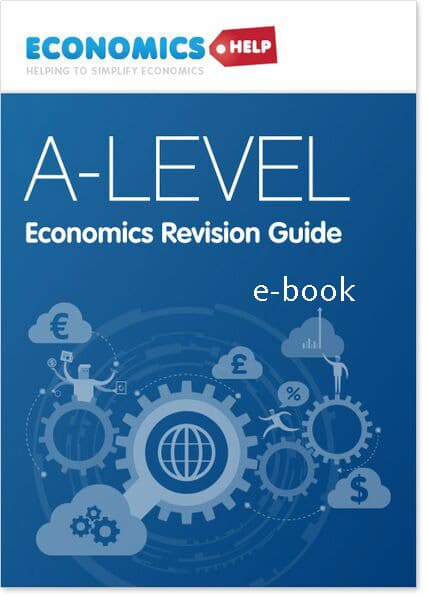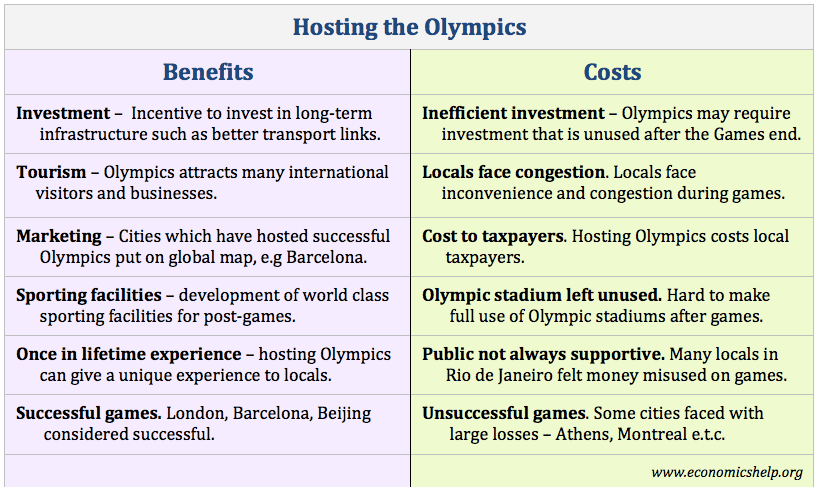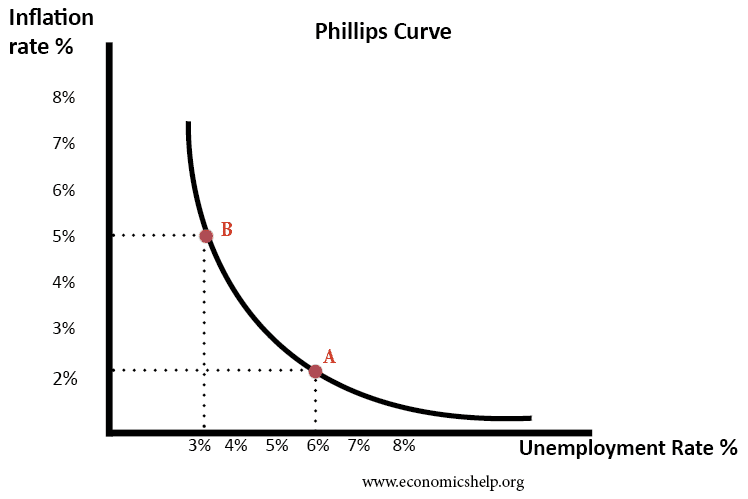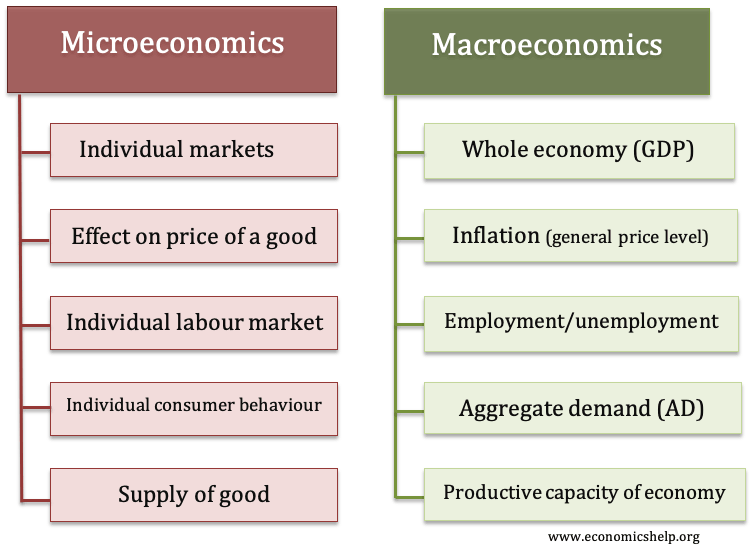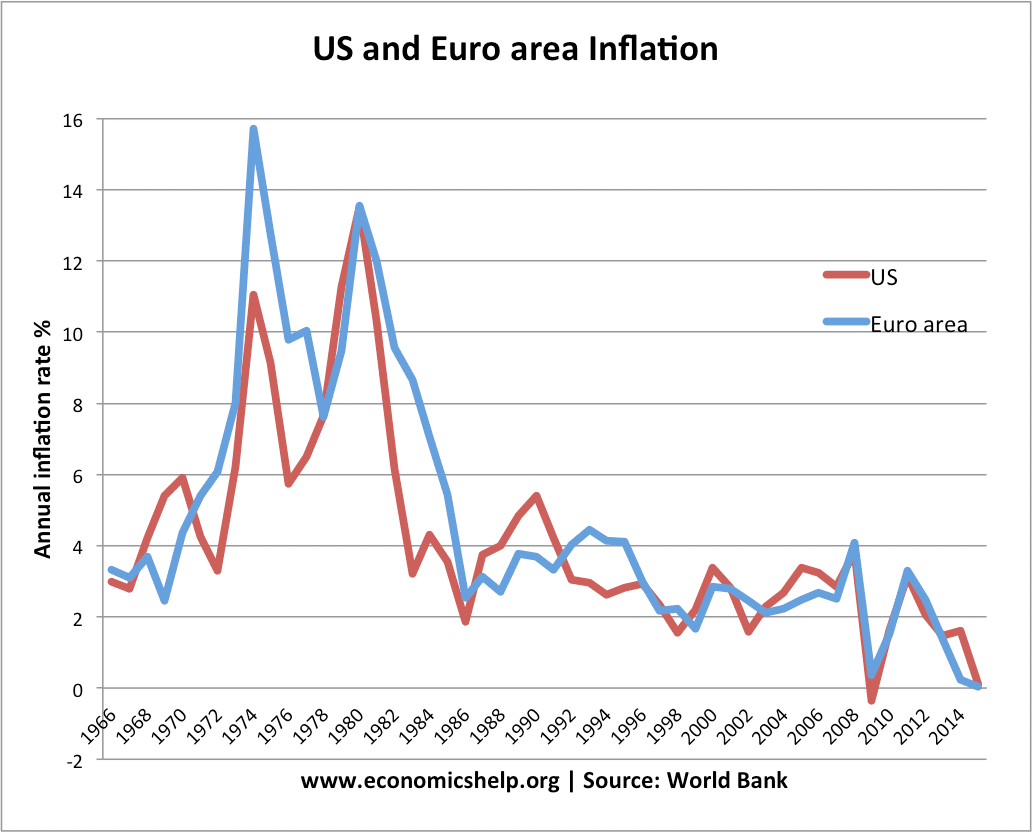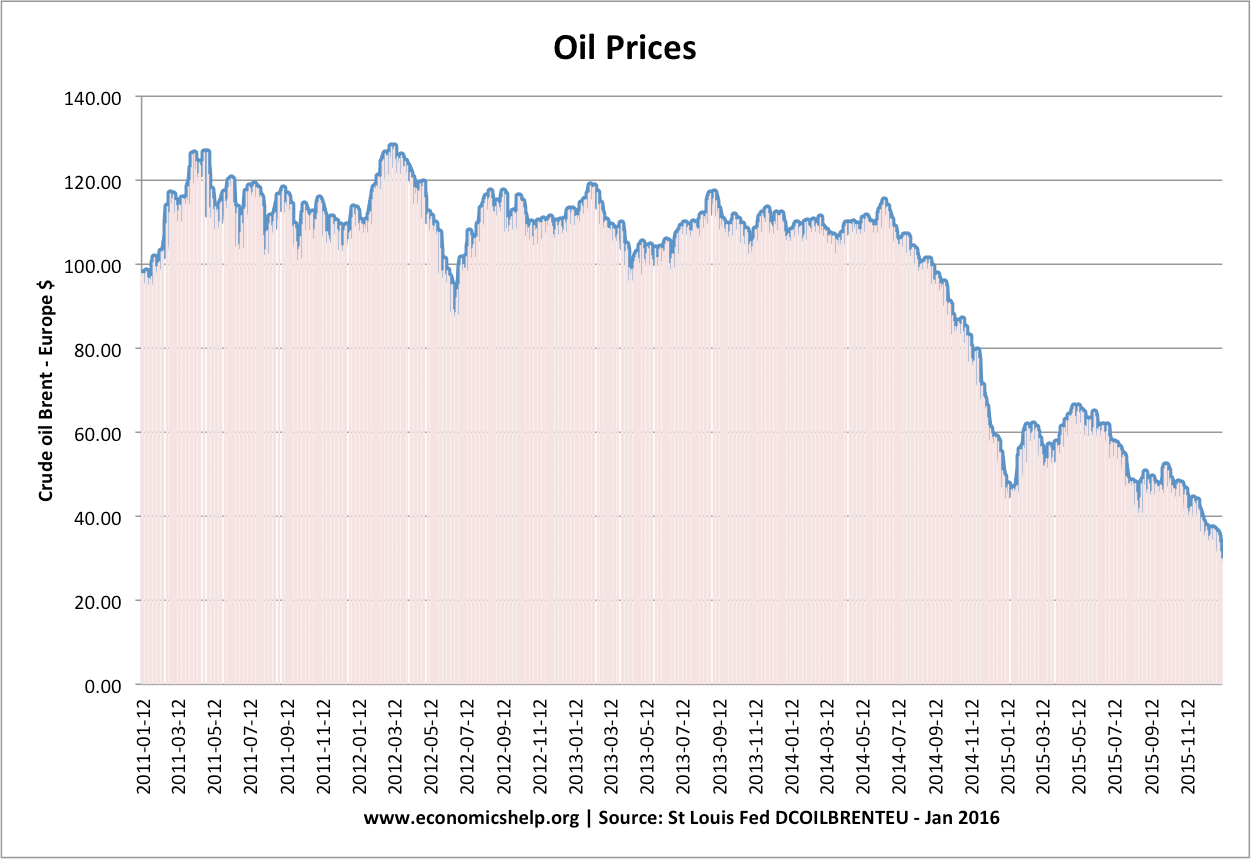Economics Revision Guide
This is an economics revision guide (e-book) designed for A Level. It includes both AS and A2.
If you do a specific exam board, you can choose a specific revision guide:
- AQA Economics revision guide
- Edexcel Economics revision guide
- OCR Economics revision guide
- WJEC / Eduqas Economics revision guide
International
Sent immediately after purchase.
Last updated June 2022.
For schools: Network license – £105.00

